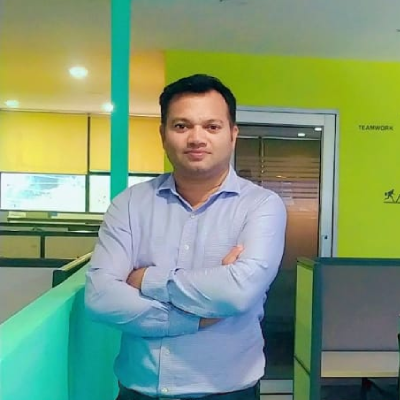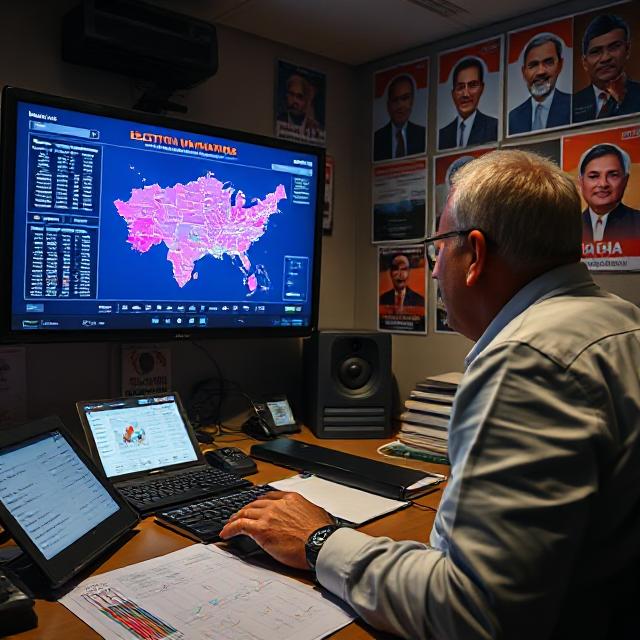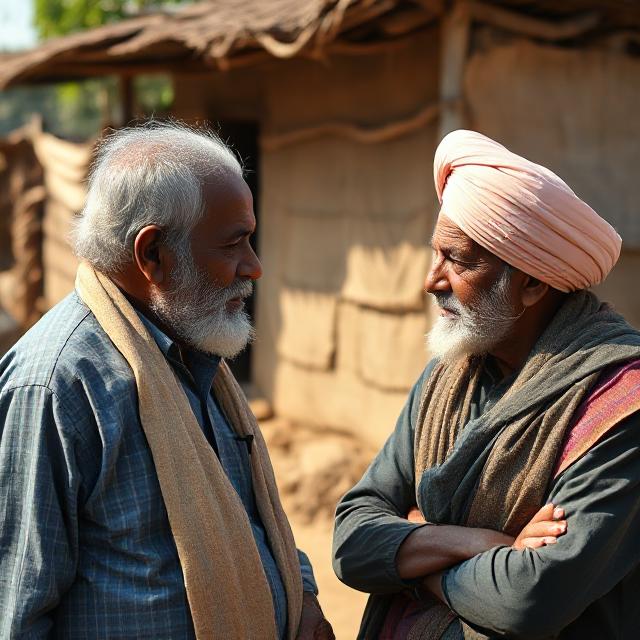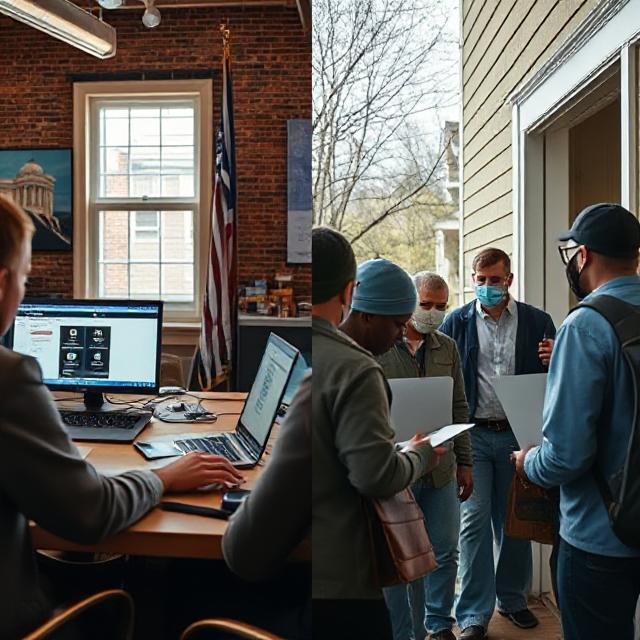Decoding Elections with Deepak Kaul: Strategy, Power & Public Pulse
 Political strategist Deepak Kaul on TechCast Punjabi Podcast
Political strategist Deepak Kaul on TechCast Punjabi Podcast
🗳️ Deepak Kaul: Behind the Scenes of Punjab, Haryana & Himachal Elections
Deepak Kaul shares his deep insights into how elections are really won — from booth-level strategy to the power of influencer marketing and regional messaging.
In this episode, he breaks down the real game behind campaign slogans, voter targeting, and what goes on before and after the election results — covering states like Punjab, Haryana, and Himachal Pradesh.
If you think elections are won on just speeches or rallies — this episode will open your eyes. Learn the tactics, the strategy, and the unseen effort behind every vote.
🧠 Behind the Political Curtain | Deepak Kaul's Strategy Secrets
In this exclusive Punjabi podcast interview, political strategist Deepak Kaul breaks down how elections are actually won — and why most leaders lose the plot. He reveals the inner workings of political campaigns in Punjab, Haryana, and Himachal, offering sharp insight into what influences voters, how image management works, and why strategy often beats popularity.
With experience managing high-stakes campaigns and advising top political figures, Deepak talks openly about ground-level planning, digital campaigning, and why data doesn't lie — but leaders often do. A must-listen episode for voters, students of politics, and anyone curious about the real chessboard of Indian elections.
🗳️ Why Political Leaders Lose Public Trust

Voters in Punjab, Haryana, and Himachal now demand action — not just announcements
According to Deepak Kaul, politicians often lose not because their opponents are stronger — but because they forget what the public really needs. “They stop listening after winning,” he explains. Public trust erodes when promises remain slogans, and issues like roads, jobs, and safety are buried under noise.
Campaigns may win elections — but performance wins loyalty. From Punjab to Himachal, Deepak has seen it all: leaders who were loved one season, and rejected the next. The reason? Disconnect from the ground and an obsession with optics.
💡 Key Insight: "A campaign is a wedding. Governance is the marriage. Most leaders don't survive the honeymoon."
📢 What Voters Really Want (But Leaders Rarely Hear)

Behind every vote is a story — but are politicians still listening?
“Voters don’t want fancy words or viral reels,” Deepak Kaul says. “They want delivery.” Whether it’s a young job seeker in Haryana, a farmer in Punjab, or a small-town trader in Himachal — people want promises to turn into policies, and speeches to turn into services.
Deepak explains how most leaders get caught in echo chambers — only listening to party workers and social media hype. But real voters care about basics: electricity bills, school quality, roads, safety, unemployment. They reward those who listen — and punish those who don’t.
💡 Key Insight: "Forget ‘narratives’ — focus on needs. Voters are smarter than you think, and angrier than you realize."
📲 Digital Strategy vs Ground Work: Striking the Right Balance

Digital campaigns bring reach — but ground work brings trust. The smart strategist blends both.
Deepak Kaul makes it clear: “Digital is essential, but it’s not everything.” While social media can amplify a leader’s message, it can’t replace boots on the ground. A strong tweet won’t fix a broken road. A trending reel won’t create jobs.
His winning campaigns combine smart digital messaging with deep ground-level engagement — door-to-door visits, village meetings, and direct listening. In areas with low internet penetration, he says, real votes still depend on face-to-face credibility.
💡 Key Insight: "The reel gets you reach. The rally wins you respect. Combine both — or lose both."
🧠 What Makes a Winning Political Strategy?
For Deepak Kaul, political strategy isn’t about theatrics — it’s about psychology, numbers, and pulse-checking. A great campaign begins months before filing nomination papers — with constituency-level research, micro-targeting, and narrative building.
He emphasizes tailoring messages for each voter block: youth, women, farmers, and retirees — not sending the same loud speech everywhere. In his words, “You can’t sell diesel to an EV user. Customise — or be cancelled.”
💡 Key Insight: "Strategy isn’t shouting louder. It’s listening smarter — and moving before the opponent does."
🎯 Final Thoughts from Deepak Kaul
As the episode draws to a close, Deepak Kaul shares a blunt message for aspiring politicians, voters, and campaigners alike: "Don’t confuse noise with influence. And never underestimate the silence of a voter — it often decides the result."
He believes the future of Indian politics depends on authentic connection, clean campaigns, and data-driven decisions. Leaders must get off the stage and step into the mohalla. That’s where elections are truly won.
💡 Key Insight: "Real strategy happens offline. If you want to win, log out — and show up."
📩 Want to Connect with Gurinder Singh Dhanoa?
If you're interested in legal research, career guidance, or educational consulting, you can reach out to her professionally.
Email Here Book now!❓ Frequently Asked Questions (FAQs)
A strategist like Deepak Kaul helps plan campaigns, build narratives, analyze voter data, and guide candidates on public engagement, media, and ground-level issues.
Yes, but only when combined with ground work. Social media creates perception, but physical campaigning still determines trust, especially in rural areas.
Because they stop listening. When delivery doesn't match promises, voters feel ignored. Strategy must continue after the win — not stop at the ballot box.
Deepak Kaul has worked in Punjab, Haryana, Himachal Pradesh, and occasionally in Delhi — mainly focusing on state elections and public narrative building.
Mostly based on local issues, candidate behavior, and delivery of promises. Influencers, caste dynamics, and digital presence also play a growing role.
Ideally 6–9 months before elections. Early research, field surveys, and feedback loops are key to building a sharp and adaptable strategy.
He has worked with multiple political parties, consulting agencies, and independent candidates across North India, specializing in strategic narrative building and public engagement.
Yes. Urban campaigns focus more on digital issues, policy, and media. Rural campaigns rely more on trust networks, fieldwork, and local influencers.
Absolutely. Many independents win due to smart strategy and clean messaging — not just party power. Deepak has helped independents run focused, issue-based campaigns.
You can reach him through the TechCast Punjabi team or message via WhatsApp and podcast contact links provided above in the blog.